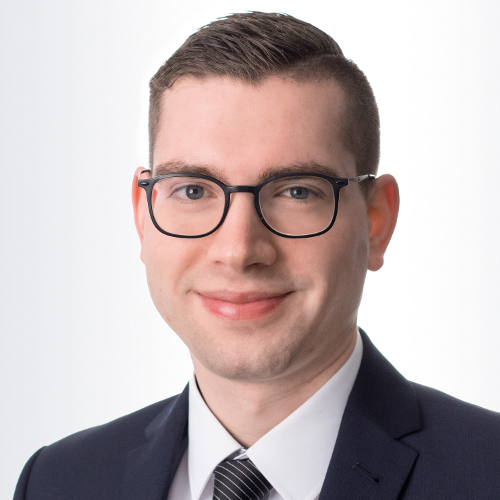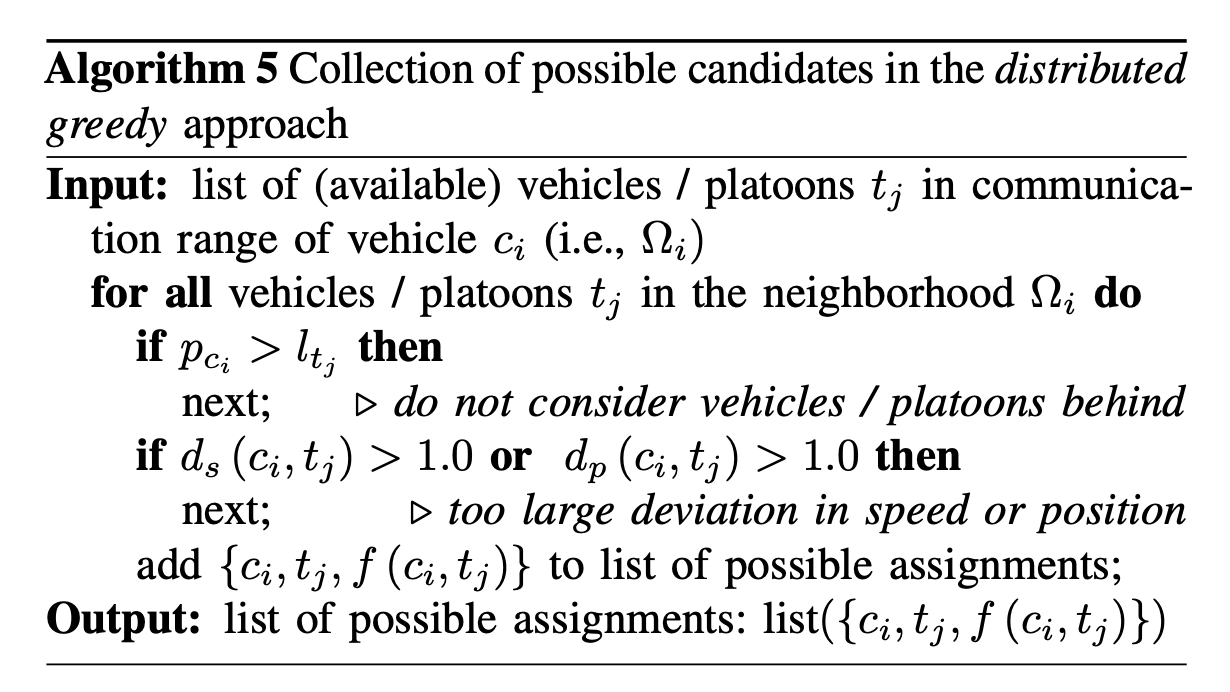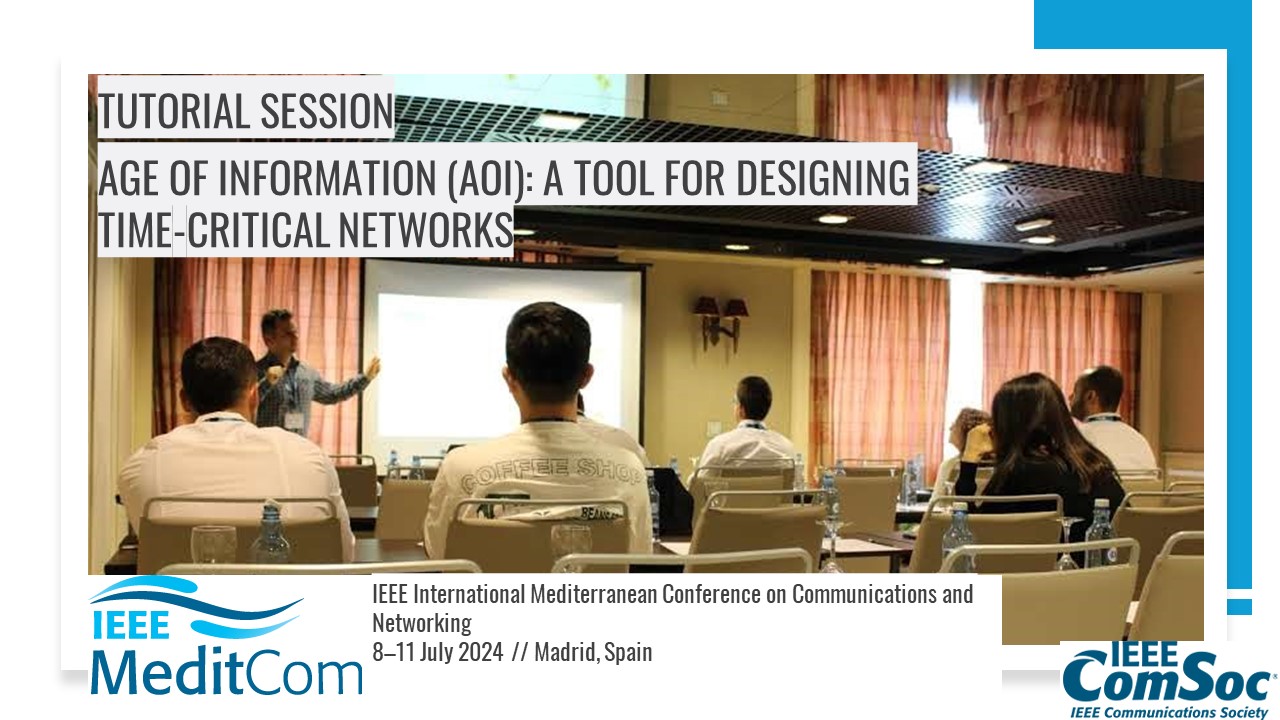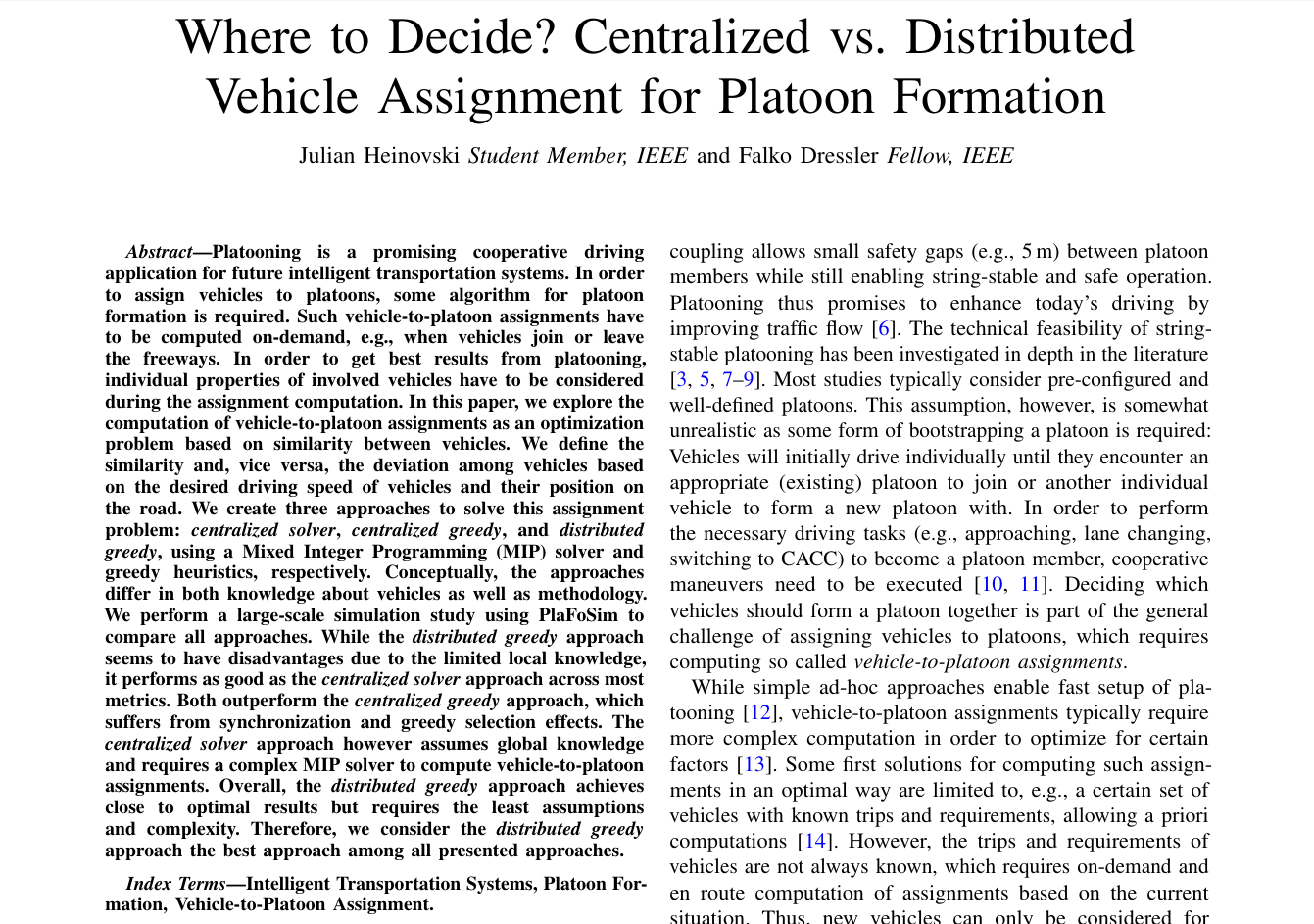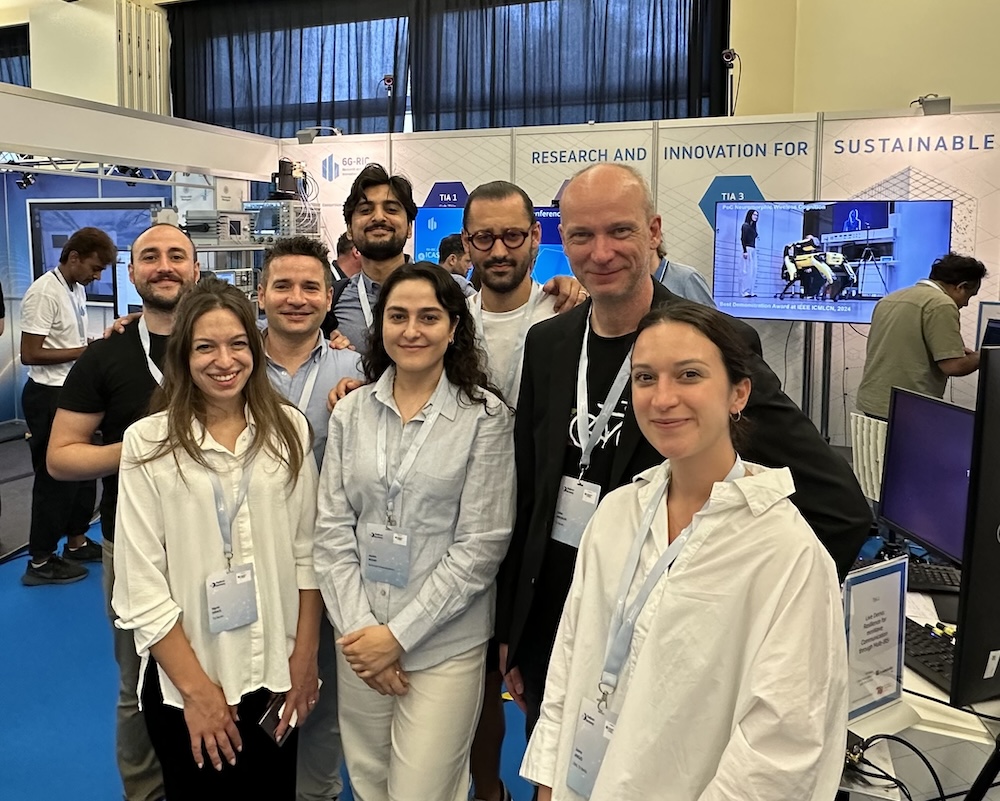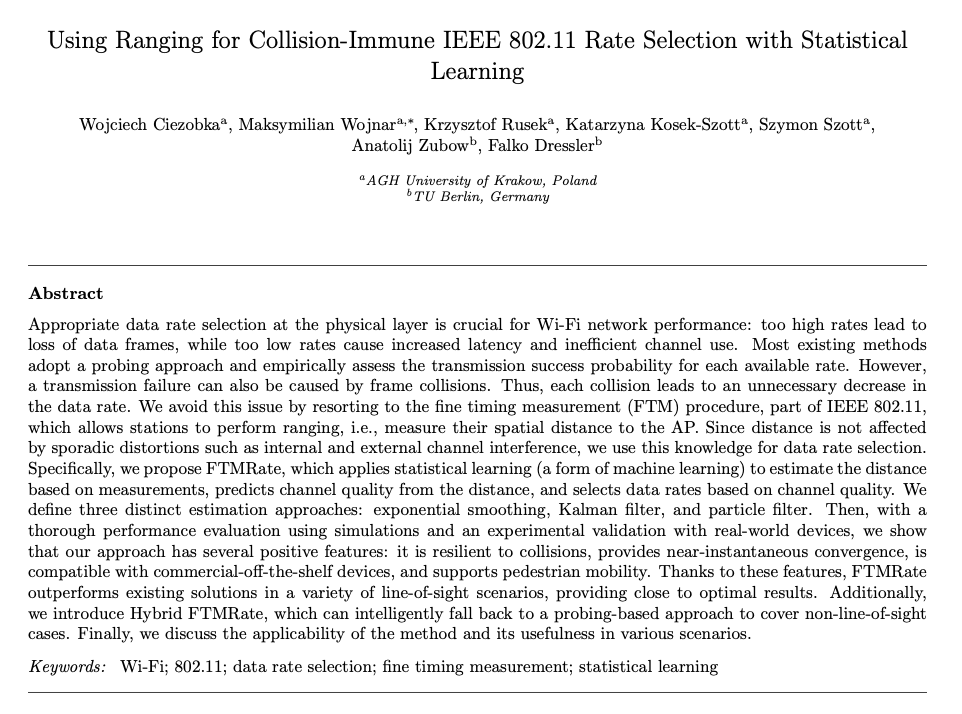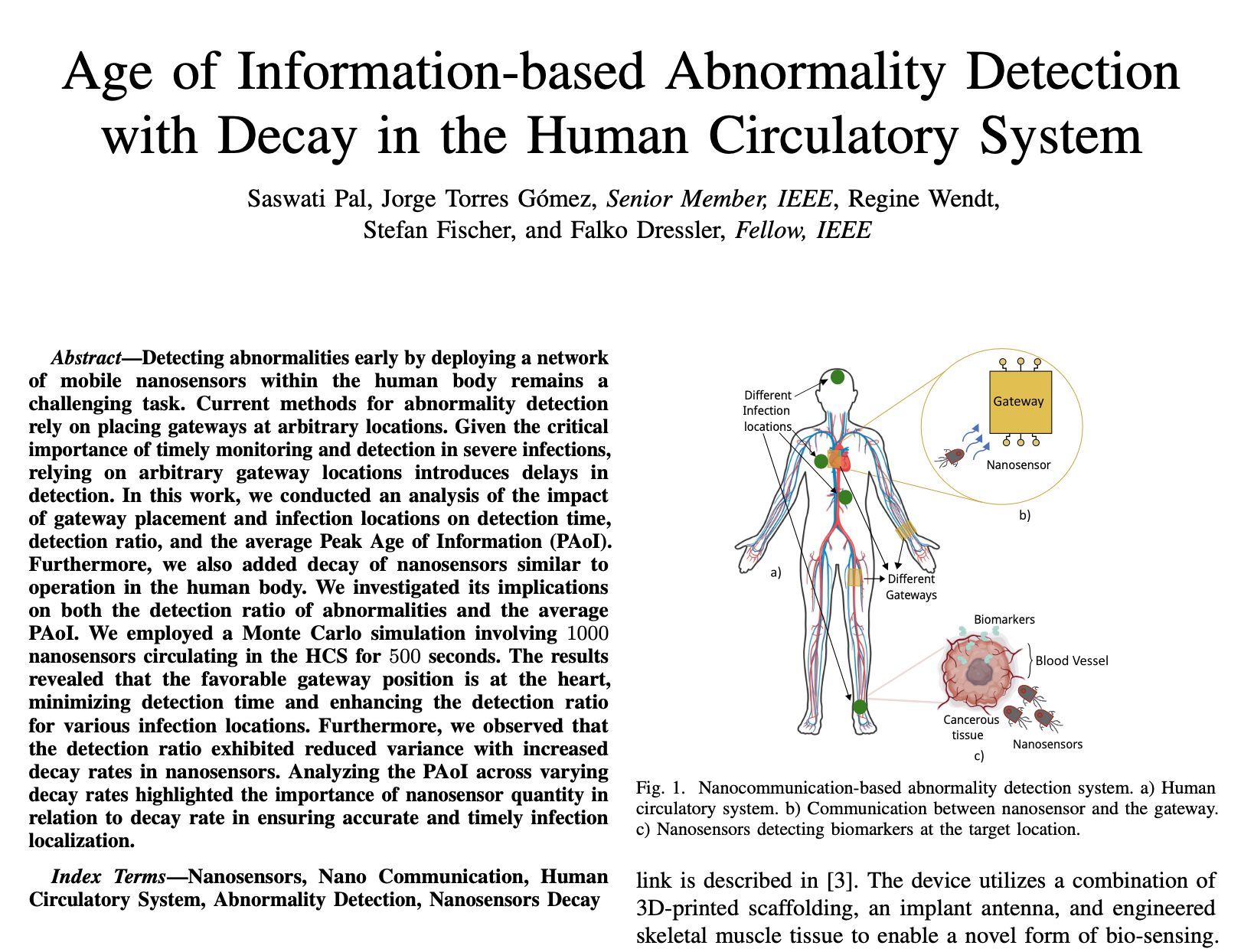Personal website of
Julian Heinovski
Software & Tooling
Current Software
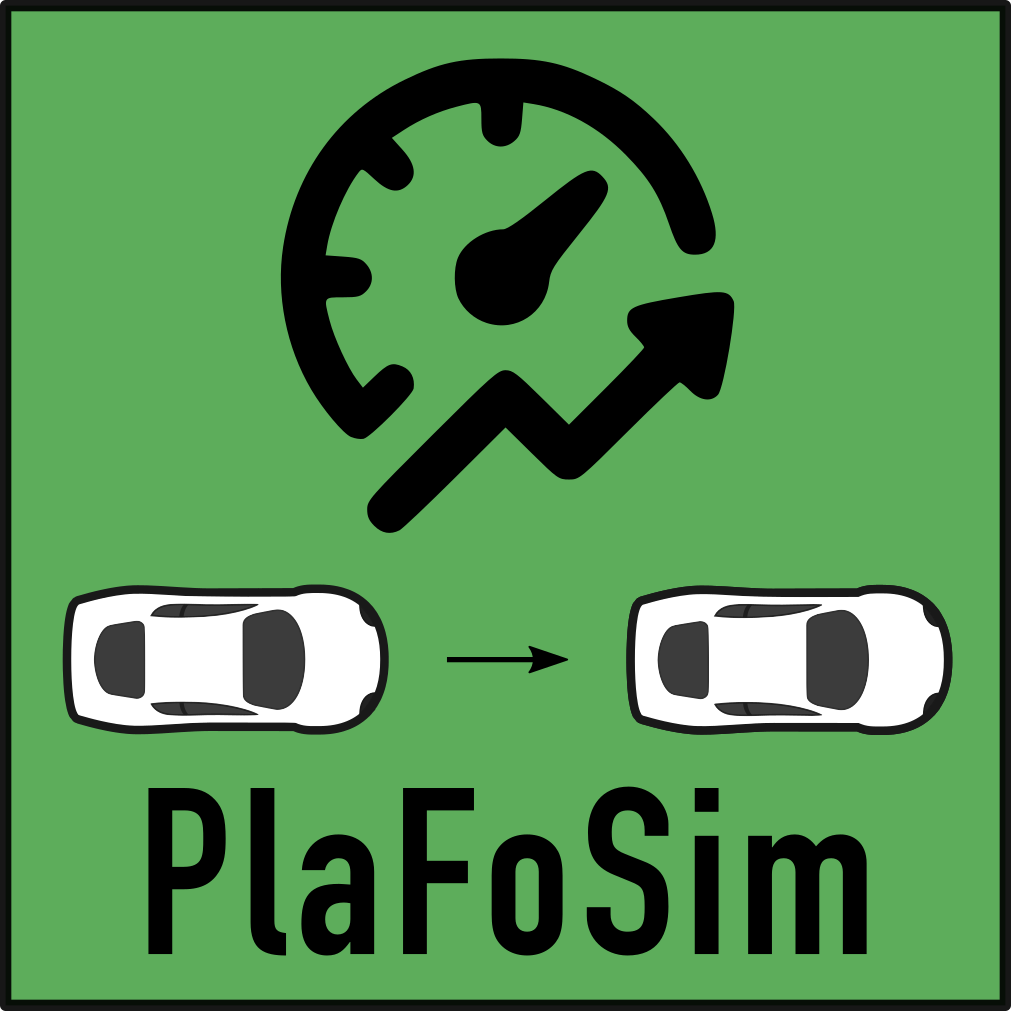 PlaFoSim – Scalable Simulation of Platoon Formation
PlaFoSim – Scalable Simulation of Platoon Formation
Platooning is one of the most challenging applications of Intelligent Transportation Systems (ITS). While the microscopic control of vehicles in a platoon can already be simulated quite accurately, the scalable simulation of maneuvers and platoon formation is still challenging. To bridge this gap, we propose PlaFoSim, a tool for simulation of platoon formation in large-scale freeway scenarios. PlaFoSim aims to facilitate and accelerate the research of platoon maneuvers and formation - new algorithms can easily be integrated using Python modules.
Contact: Julian Heinovski
Previous Software
 Plexe - The Platooning Extension for Veins
Plexe - The Platooning Extension for Veins
Plexe is an extension of the popular Veins vehicular network simulator which permits the realistic simulation of platooning (i.e., automated car-following) systems. It features realistic vehicle dynamics and several cruise control models, permitting the analysis of control systems, large-scale and mixed scenario, as well as networking protocols and cooperative maneuvers.
Contact: Michele Segata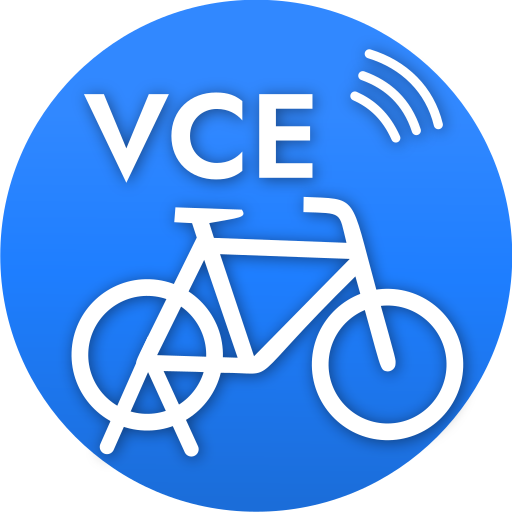 Virtual Cycling Environment (VCE)
Virtual Cycling Environment (VCE)
The Virtual Cycling Environment (VCE) allows cyclists to ride a virtual bicycle in a 3D virtual reality environment by interacting with a physical bicycle on a training stand. Foreign traffic (i.e., cars) and wireless networking are provided by the specialized simulators SUMO and Veins, respectively. The physical bike simulator is then coupled via the Ego-Vehicle Interface (EVI) to this simulation platform.
Contact: Lukas Stratmann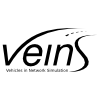 Veins - Vehicles in Network Simulation
Veins - Vehicles in Network Simulation
Veins is an open source Inter-Vehicular Communication (IVC) simulation framework composed of an event-based network simulator and a road traffic microsimulation model. Based on a bi-directional coupling, not only the influence of road traffic on network traffic can be modeled, but also vice versa. In particular, the influences of IVC on road traffic can be modeled and complex interactions between both domains examined.
Contact: Christoph Sommer
Last modified: 2023-10-07

